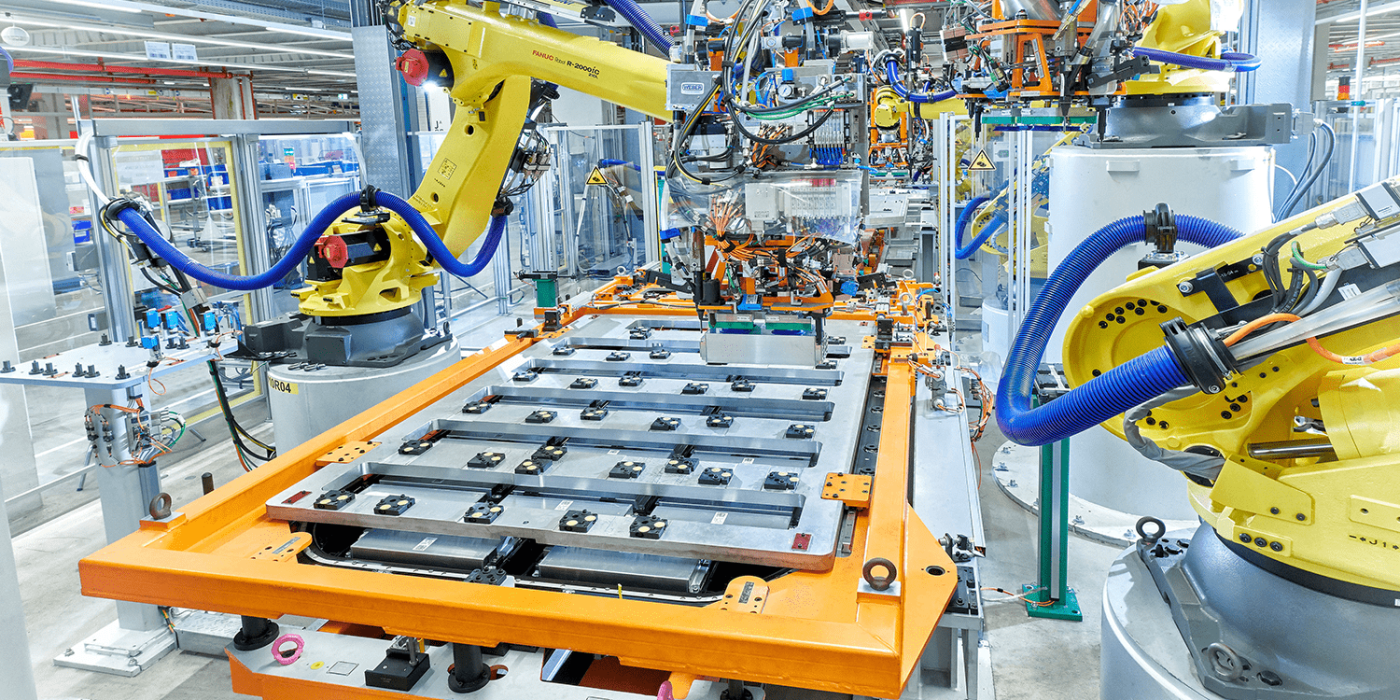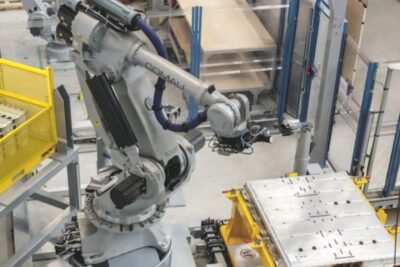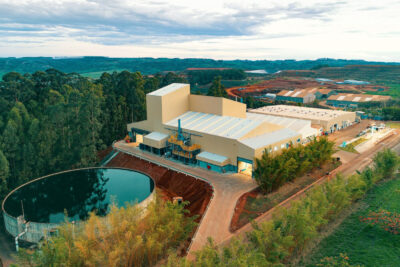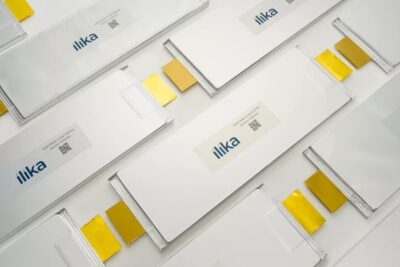Audi is considering battery assembly in Germany
Audi is planning an assembly plant for electric car battery packs near its plant in Ingolstadt. The cells for this are to continue to come from LG Chem. The Korean battery manufacturer also received a loan from the EIB for the expansion of the plant in Poland to what they say will be the world’s largest battery cell factory.
The report on the Korean blog Guru referred to industry data on Audi’s plans. It stated: “Although no detailed investment plan has been announced, the company appears to have decided to invest in batteries, a key component in expanding the range of electric vehicles.” In the planned plant, Audi intends to assemble the supplied cells into ready-to-install battery packs.
Audi has not yet responded to a request for comments. If the car manufacturer comments on the report on battery assembly, we will submit the answer here.
What is clear is that LG Chem, for its part, is planning an enormous expansion of its battery cell production in Europe from the current 15 GWh. The Korean manufacturer has secured a loan from the European Investment Bank (EIB) for this purpose. The EIB is lending the battery cell manufacturer €480 million for the expansion of its production capacities in Wroclaw in southwest Poland. The EIB-backed project, estimated at a total cost of €1.5 billion, will increase LG Chem’s annual production capacity in Wroclaw by more than 35 GWh to around 65 GWh, according to the EIB announcement. By the end of 2022, the plant will employ about 6,000 full-time staff.
Conversely, if the EIB-financed project is to provide a 35 GWh capacity increase, LG Chem will have to get the missing 15 GWh from other sources. The battery manufacturer provided no further information in its announcement.
LG Chem had recently purchased a former TV assembly plant of the Turkish company Vestel in Poland for this purpose. The 223,000 square meter plant is located near LG Chem’s existing battery cell production facility in Wroclaw.
Problems during the production ramp-up at this plant have not only caused bottlenecks at Audi’s e-tron plant in Brussels, but also in Jaguar I-Pace production. With the announced quadrupling, production would be sufficient for around 800,000 to 1,000,000 electric cars, depending on the size of the batteries installed.
LG Chem has been a partner of Audi for many years, and the carmaker uses cells from the Korean manufacturer in many PHEV models from Ingolstadt. However, LG Chem is not the only battery supplier for Audi: While the battery in the e-tron 55 quattro consists of LG cells, the e-tron 50 quattro (and its sportback counterpart) uses cells from Samsung SDI.
With reporting by Sebastian Schaal, Germany.
theguru.co.kr (Korean), insideevs.com, evspecifitcations.com, eib.org (Financing)





1 Comment